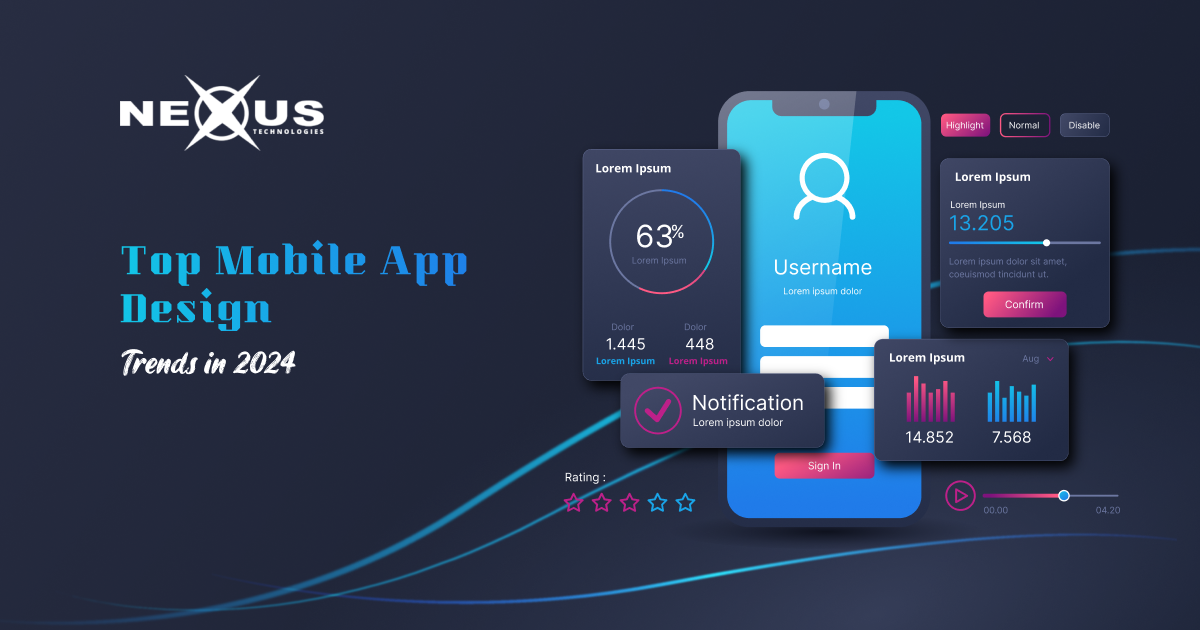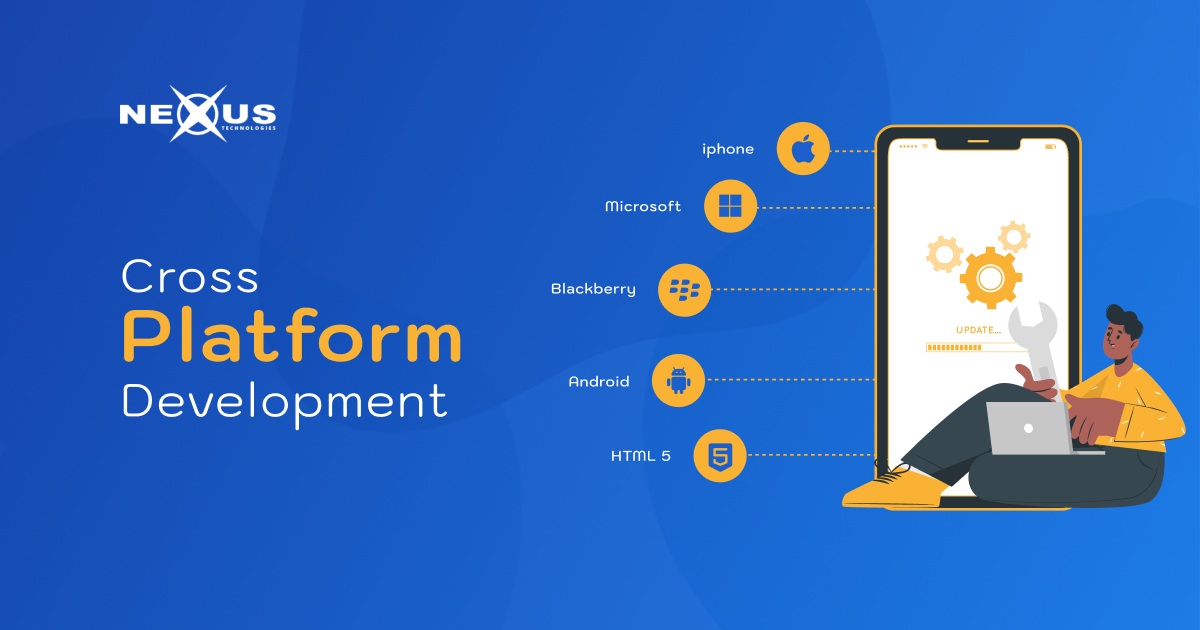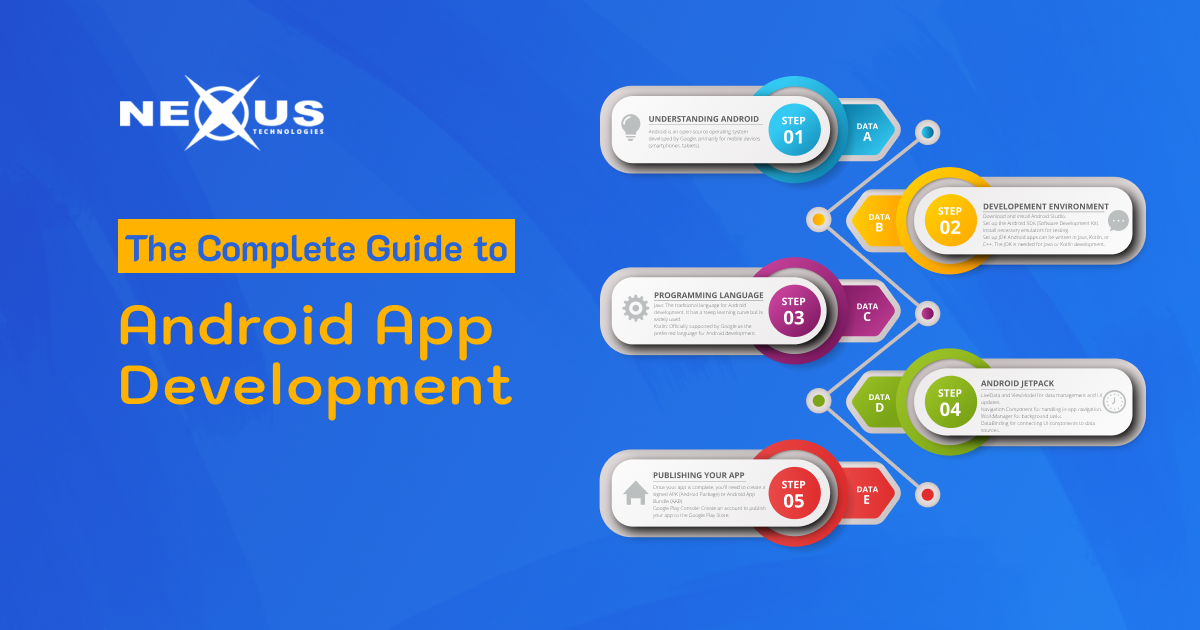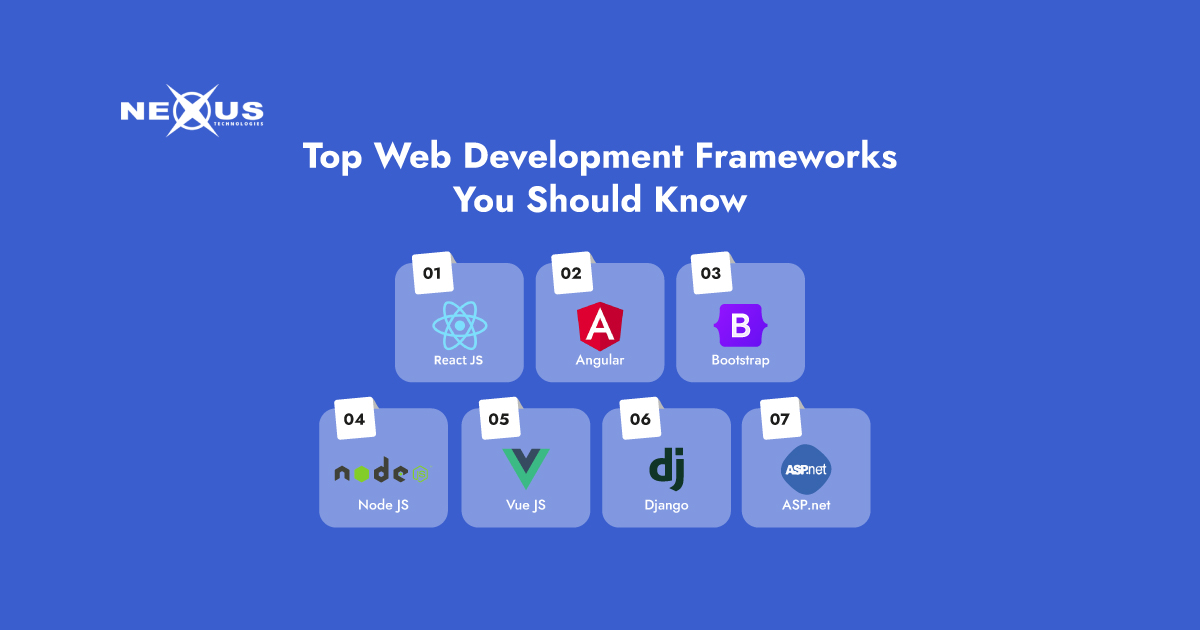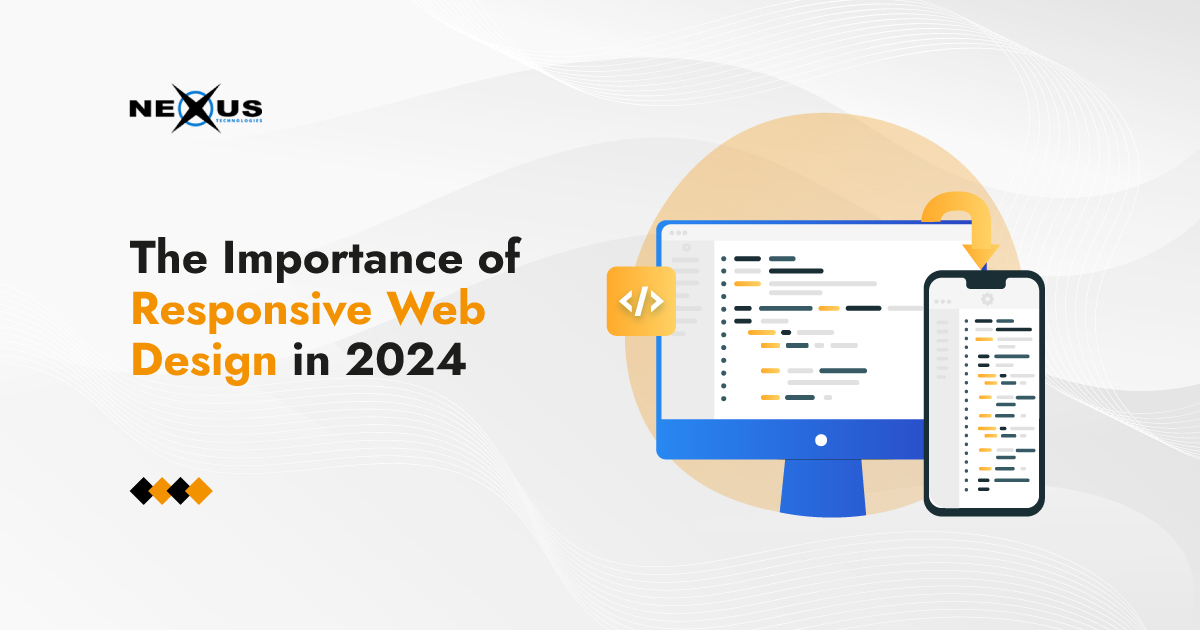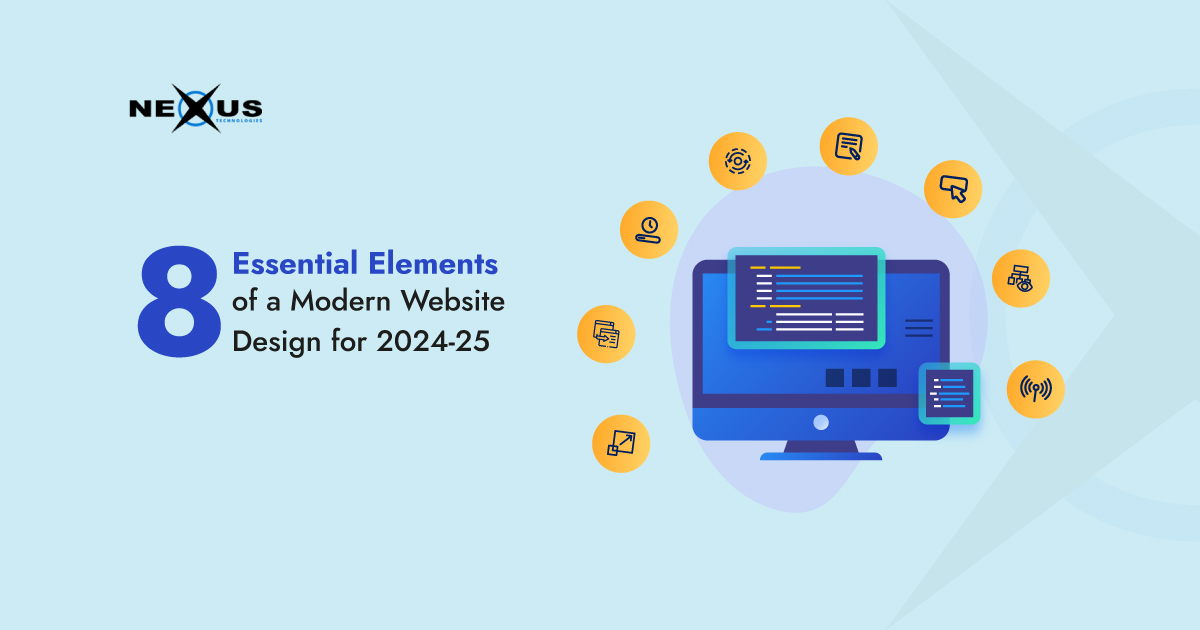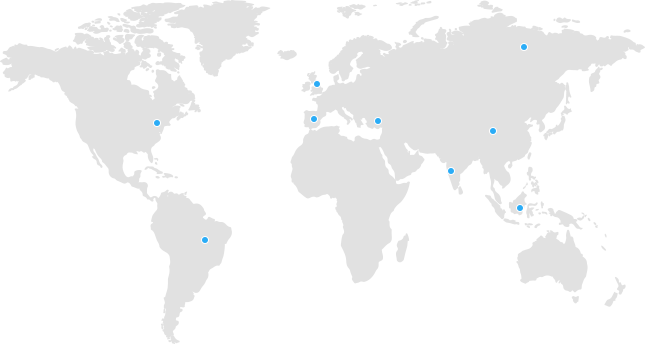Managing a cPanel shared hosting account comes with its own set of challenges, especially when it comes to security. While shared hosting offers affordability and ease of use, it also means that multiple websites share the same server resources, making it crucial to implement strong security measures. To help you protect your website and sensitive data, we’ve compiled the best security practices for managing your cPanel shared hosting account.
1. Use Strong Passwords and Change Them Regularly
One of the simplest yet most effective ways to secure your cPanel account is by using strong, unique passwords. Avoid common passwords or easily guessable combinations. Instead, use a mix of upper and lower case letters, numbers, and special characters. Additionally, change your passwords regularly to mitigate the risk of unauthorized access.
2. Enable Two-Factor Authentication (2FA)
Two-factor authentication (2FA) adds an extra layer of security to your cPanel account. With 2FA enabled, you’ll need to provide a second form of verification—such as a code sent to your mobile device—along with your password. This significantly reduces the risk of unauthorized access, even if your password is compromised.
3. Regularly Update Your Software and Scripts
Keeping your software, plugins, and scripts up to date is crucial for maintaining security. Outdated software can have vulnerabilities that attackers can exploit. Regularly check for updates to your website’s content management system (CMS), themes, and plugins, and apply patches or updates as soon as they are released.
4. Monitor and Manage File Permissions
Proper file and directory permissions are essential for securing your shared hosting environment. Avoid setting permissions too loosely, as this can expose your files to unauthorized access. For instance, directories should typically have permissions set to 755, and files should be set to 644. Regularly review and adjust permissions to ensure they are as restrictive as possible while still allowing necessary functionality.
5. Implement Web Application Firewalls (WAF)
A Web Application Firewall (WAF) helps protect your website from various threats, including SQL injection, cross-site scripting (XSS), and other malicious attacks. Many hosting providers offer WAFs as part of their security packages. If not, consider using third-party services or plugins that can provide similar protection for your website.
6. Backup Your Data Regularly
Regular backups are a crucial part of any security strategy. In the event of a security breach or data loss, having recent backups ensures that you can quickly restore your website to its previous state. Set up automated backups through cPanel or use a reliable backup plugin to ensure your data is consistently backed up.
7. Monitor Access Logs for Suspicious Activity
cPanel provides access logs that record activity on your website and server. Regularly reviewing these logs can help you identify unusual or suspicious activity, such as repeated failed login attempts or unexpected changes to files. By monitoring access logs, you can take proactive measures to address potential security threats before they escalate.
8. Disable Unnecessary Services and Features
cPanel offers a range of services and features that may not all be necessary for your website. Disable any unused or unnecessary services to reduce the attack surface and minimize potential vulnerabilities. For example, if you’re not using certain email features or FTP accounts, consider disabling them to improve security.
9. Secure Your Database
Your website’s database is a critical component that requires special attention. Use strong passwords for database access, and limit database access to only the necessary users. Additionally, consider implementing database encryption and regularly reviewing your database security settings to protect sensitive information.
10. Educate Yourself and Your Team
Staying informed about the latest security threats and best practices is essential for maintaining a secure hosting environment. Regularly educate yourself and your team about emerging security risks and preventive measures. By fostering a culture of security awareness, you can better protect your cPanel shared hosting account and your website.
Conclusion: Strengthening Your cPanel Security
Implementing these best security practices will help you safeguard your cPanel shared hosting account against potential threats and vulnerabilities. By focusing on strong passwords, regular updates, monitoring, and backups, you can ensure a more secure online presence for your website.
Need Reliable Hosting with Enhanced Security?
At Nexus Technologies, we provide robust shared hosting solutions with top-notch security features to protect your online assets. Explore our hosting plans today and experience peace of mind with our secure and reliable services. Please explore our website for more information and secure your website’s future!







